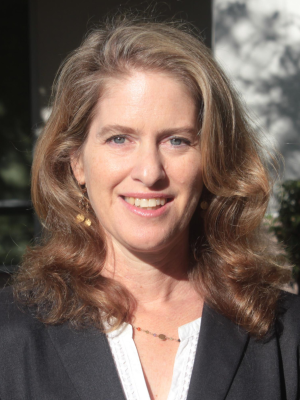
Dr. Metzger’s research seeks to understand the individual and societal effects of using information and communication technology by studying the forces that shape people’s trust of and perceptions about online information. More specifically, her work employs quantitative social science methods to study the ways in which digital communication technologies challenge users’ ability to evaluate the credibility of information online and negotiate privacy decisions.
Dr. Metzger earned her doctorate from the Annenberg School for Communication at the University of Southern California and has been teaching at UCSB since 1998. She is also affiliated with the Center for Information, Technology and Society and the Center for Responsible Machine Learning at UCSB. Dr. Metzger’s research appears in the top journals in her discipline including, for example, Human Communication Research, Journal of Communication, Communication Research, Journal of Computer-Mediated Communication, Journalism & Mass Communication Quarterly, New Media & Society, and Media Psychology as well as in interdisciplinary journals such as Science, Journal of the American Society for Information Science & Technology, and Computers in Human Behavior. She has served on the editorial board of several disciplinary journals, including as Associate Editor for the Journal of Computer-Mediated Communication. Dr. Metzger has also delivered numerous keynote speeches around the world on topics such as fake news and misinformation, and how people manage their privacy in online environments.
Publications
A full list of Dr. Metzger’s research publications is available on Google Scholar.
Download her co-edited books published by MIT Press here: Digital Media, Youth, and Credibility and Kids & Credibility: An Empirical Examination.
Ph.D. (1997), Annenberg School for Communication, University of Southern California, Communication Theory and Research